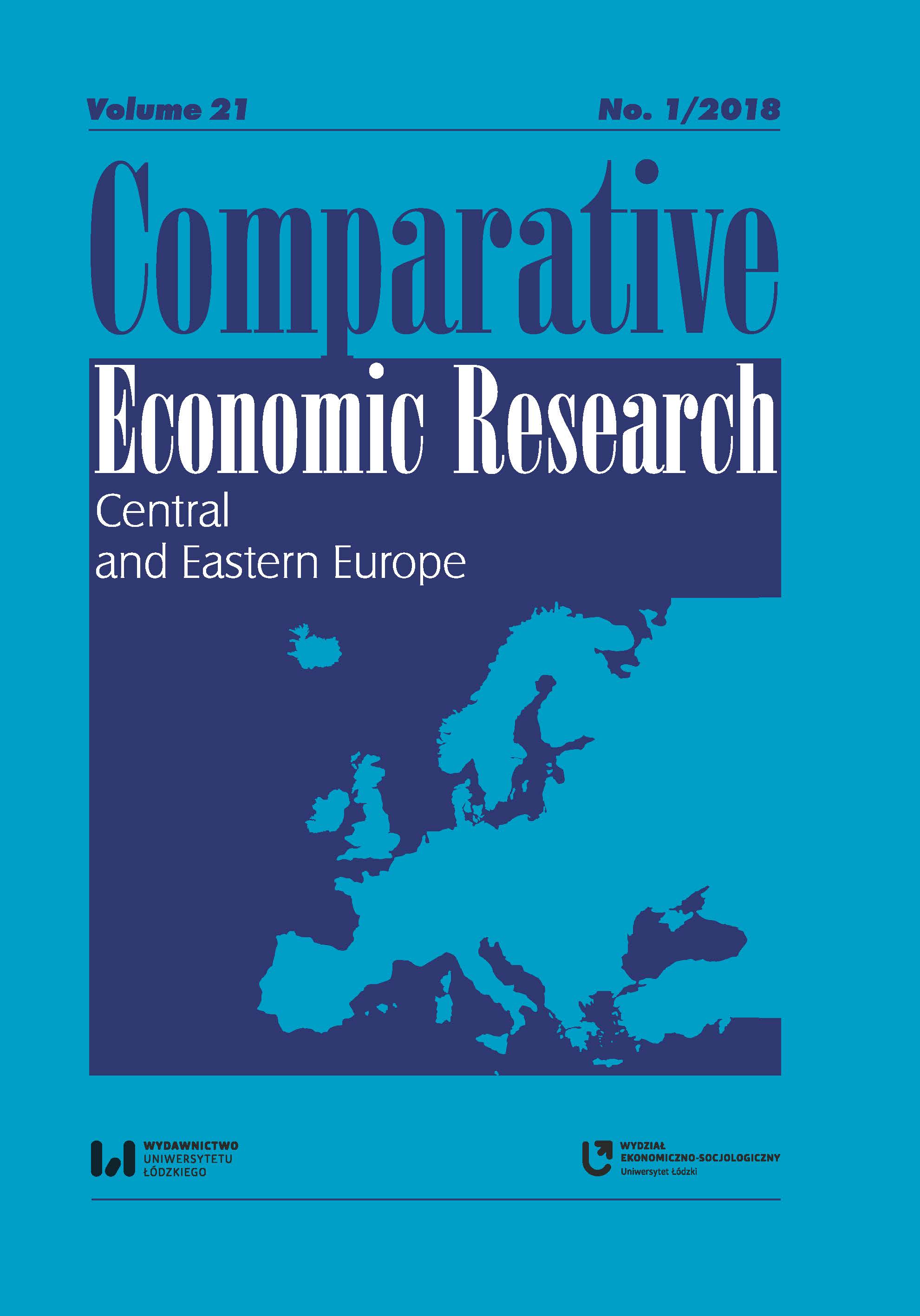EU‑Korea FTA and Its Impact on V4 Economies. A Comparative Analysis of Trade Sophistication and Intra‑Industry Trade
EU‑Korea FTA and Its Impact on V4 Economies. A Comparative Analysis of Trade Sophistication and Intra‑Industry Trade
Author(s): Bartosz MichalskiSubject(s): Supranational / Global Economy, Business Economy / Management
Published by: Wydawnictwo Uniwersytetu Łódzkiego
Keywords: V4 economies; Republic of Korea; free trade agreement; technological sophistication; intra‑industry trade
Summary/Abstract: This paper investigates selected short‑ and mid‑term effects in trade in goods between the Visegrad countries (V4: the Czech Republic, Hungary, Poland and the Slovak Republic) and the Republic of Korea under the framework of the Free Trade Agreement between the European Union and the Republic of Korea. This Agreement is described in the “Trade for All” (2015: 9) strategy as the most ambitious trade deal ever implemented by the EU. The primary purpose of our analysis is to identify, compare, and evaluate the evolution of the technological sophistication of bilateral exports and imports. Another dimension of the paper concentrates on the developments within intra‑industry trade. Moreover, these objectives are approached taking into account the context of the South Korean direct investment inflow to the V4. The evaluation of technological sophistication is based on UNCTAD’s methodology, while the intensity of intra‑industry trade is measured by the GL‑index and identification of its subcategories (horizontal and vertical trade). The analysis covers the timespan 2001–2015. The novelty of the paper lies in the fact that the study of South Korean‑V4 trade relations has not so far been carried out from this perspective. Thus this paper investigates interesting phenomena identified in the trade between the Republic of Korea (ROK) and V4 economies. The main findings imply an impact of South Korean direct investments on trade. This is represented by the trade deficit of the V4 with ROK and the structure of bilateral trade in terms of its technological sophistication. South Korean investments might also have had positive consequences for the evolution of IIT, particularly in the machinery sector. The political interpretation indicates that they may strengthen common threats associated with the middle‑income trap, particularly the technological gap and the emphasis placed on lower costs of production.
Journal: Comparative Economic Research. Central and Eastern Europe
- Issue Year: 21/2018
- Issue No: 1
- Page Range: 7-23
- Page Count: 19
- Language: English

